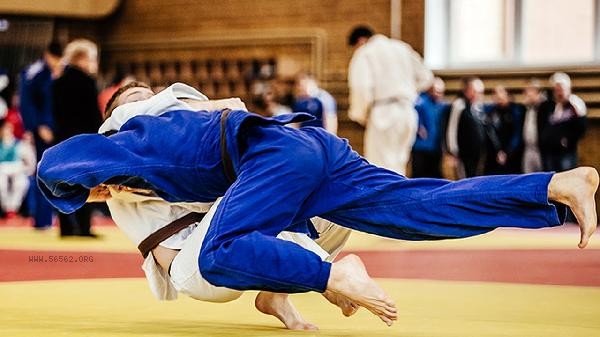Frequent exercise but increased susceptibility to illness and colds may be related to factors such as excessive exercise intensity, insufficient nutrient intake, and temporary suppression of the immune system. Moderately adjusting exercise plans, ensuring a balanced diet, and focusing on rest and recovery can help improve this situation. A brief decline in immunity after exercise is a common phenomenon, especially during the immune window period after high-intensity training. At this time, the defense ability of the upper respiratory tract weakens, making it easier for viruses to invade. Long term overtraining can lead to an increase in cortisol levels, inhibit lymphocyte activity, and instead reduce resistance. Fitness enthusiasts often suffer from insufficient protein supplementation, as muscle repair and antibody synthesis require sufficient amino acids. Lack of high-quality protein can affect immunoglobulin production. Neglecting post exercise warmth is also one of the triggers. After sweating heavily, pores expand. If you don't change clothes in time or expose yourself to cold air, you are prone to catching a cold. Some fitness enthusiasts pursue rapid weight loss and extreme calorie control, resulting in insufficient intake of vitamins and minerals, especially immune related nutrients such as vitamin C and zinc. Lack of sleep can exacerbate the burden on the immune system, and the deep sleep stage is a critical period for immune cell regeneration.

It is recommended that fitness enthusiasts adopt a periodic training plan, interspersed with low-intensity recovery days. Timely supplement carbohydrates and protein after exercise, and choose foods rich in vitamin C such as broccoli and kiwifruit. Pay attention to the ventilation of the training environment but avoid direct blowing of cold air. Wear breathable and warm clothing for outdoor sports in winter. If you repeatedly experience cold symptoms, you can seek medical attention to check for anemia or chronic inflammation. Maintaining a regular schedule and a positive mindset are equally important for maintaining immune balance.








Comments (0)
Leave a Comment
No comments yet
Be the first to share your thoughts!